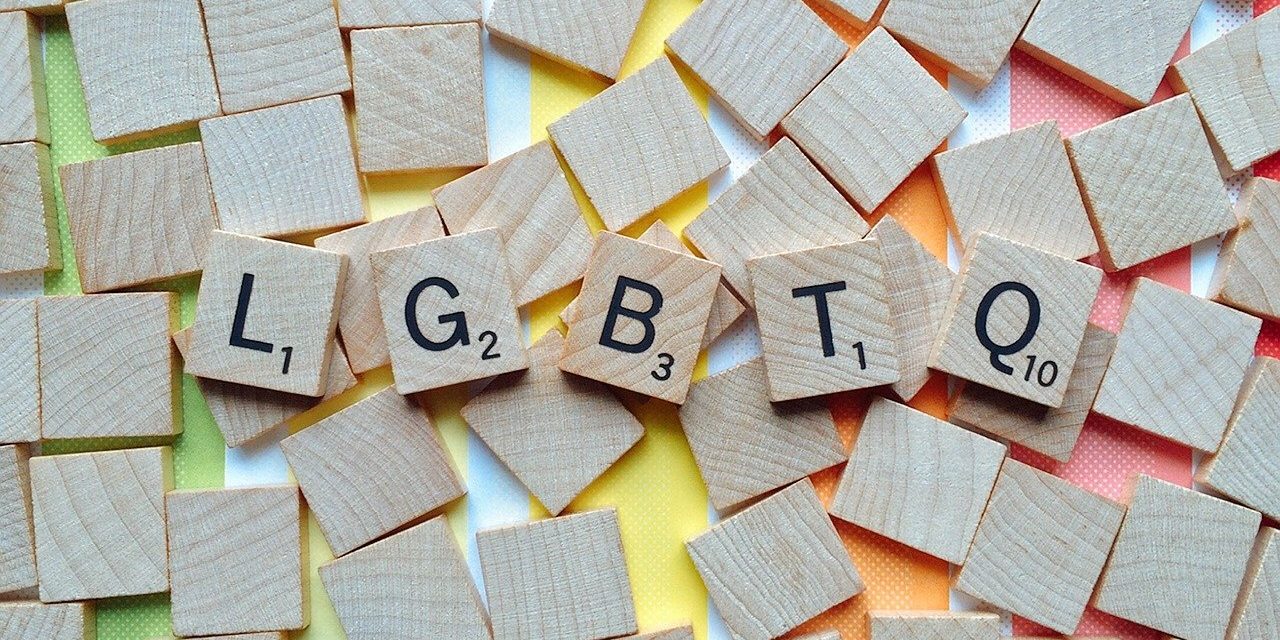By Randall Leonard, LCSW-C and Tavi Hawn, LCSW-C
Nationwide, states are criminalizing transgender healthcare and attacking LGTBQ+ rights. Maryland is poised to buck this hateful trend, by standing strong in support of its transgender community. Right now, our legislature is considering providing truly equitable healthcare for our Medicaid Program.
Currently, Maryland Medicaid will not cover dozens of gender-affirming care treatments, even though private insurance covers them. This policy discriminates against those with low income.
Imagine you need a medically necessary procedure, but you are unable to receive it because you have Medicaid. Meanwhile, other Maryland residents with private insurance are able to have the same procedures covered. This is the case for many Marylanders who have Medicaid and are transgender, Two Spirit, or gender expansive.
What impact does our current policy have? The bias against transgender individuals already results in high rates of underemployment and housing instability. Denying coverage of gender-affirming care further increases the likelihood of not being hired for jobs, not being promoted in current places of employment, not being rented to, and more, according to one national survey.
We have worked with clients who have been harassed, sexually assaulted, and threatened with physical violence in their workplace when bigoted co-workers or customers have realized they are transgender. Some have had to quit their jobs to stay safe. If Medicaid would have covered the medically necessary gender affirming procedures they wanted, they would have been at lower risk for these traumas.
The current practice standards are in many ways tied to WPATH [World Professional Association for Transgender Health] Standards of Care 6, which are now over 20 years old. Medicaid was once the standard for other insurance policies, but now it finds itself lagging behind private plans that appropriately don’t require two letters or access to limited providers with a doctoral degree. These requirements, based on outdated standards of care and best practice, create further financial hardship and barriers to care for Marylanders living on low income.
We are health providers writing in support of the Trans Health Equity Act (SB682/HB746), sponsored by Sen. Mary Washington, D-Baltimore, and Del. Anne Kaiser, D-Montgomery. This bill will bring Maryland’s Medicaid policy into alignment with the medical consensus on gender-affirming care. It ties coverage of care to medical necessity, as determined by health care providers and today’s best practices.
It is unequivocal that gender-diverse people need and deserve effective access to this care.
We’ve seen how gender affirming care gives our clients access to mental health services and medical procedures that allow them to feel safe leaving their homes. We’ve seen many proudly enter into careers and higher education with a focus on helping Maryland communities. The overwhelming message we see from our clients is that they want to be productive Maryland residents and feel safe in doing so.
As behavioral therapists, we directly see the impact of these barriers on the people we serve. A recent study underscored the correlation between reduced mental health and lack of access to gender affirming care for Baltimore transgender individuals on public insurance. Not only is this lack of access clearly harmful for Maryland residents, it also puts an unnecessary strain on Medicaid mental health services by increasing the need for mental health stabilization. The removal of this bottleneck as supported in this bill would assist with better physiological and behavioral outcomes. It would also be more cost effective for our state.
This conversation is also important in light of the ways the pandemic has changed our medical system. Many of our clients have lost access to providers and facilities with the COVID surges. The current outdated Medicaid requirements are an extra barrier for transgender Marylanders already affected by housing concerns, underemployment, discrimination, and a changing medical landscape still reeling from the effects of the pandemic. A vote for this bill would increase physical and mental health outcomes, improve Medicaid to modern standards of health practice, and still be cost-effective with requiring less specialized health services than the current laws. Let us do our jobs effectively as providers caring for Marylanders.







No it doesn’t. Why should taxpayers pay for the perversions of 0.6% of the population? Enough is enough.